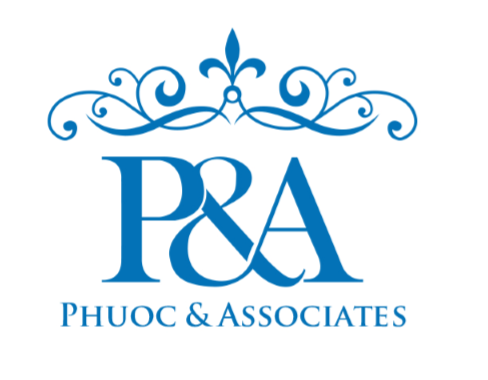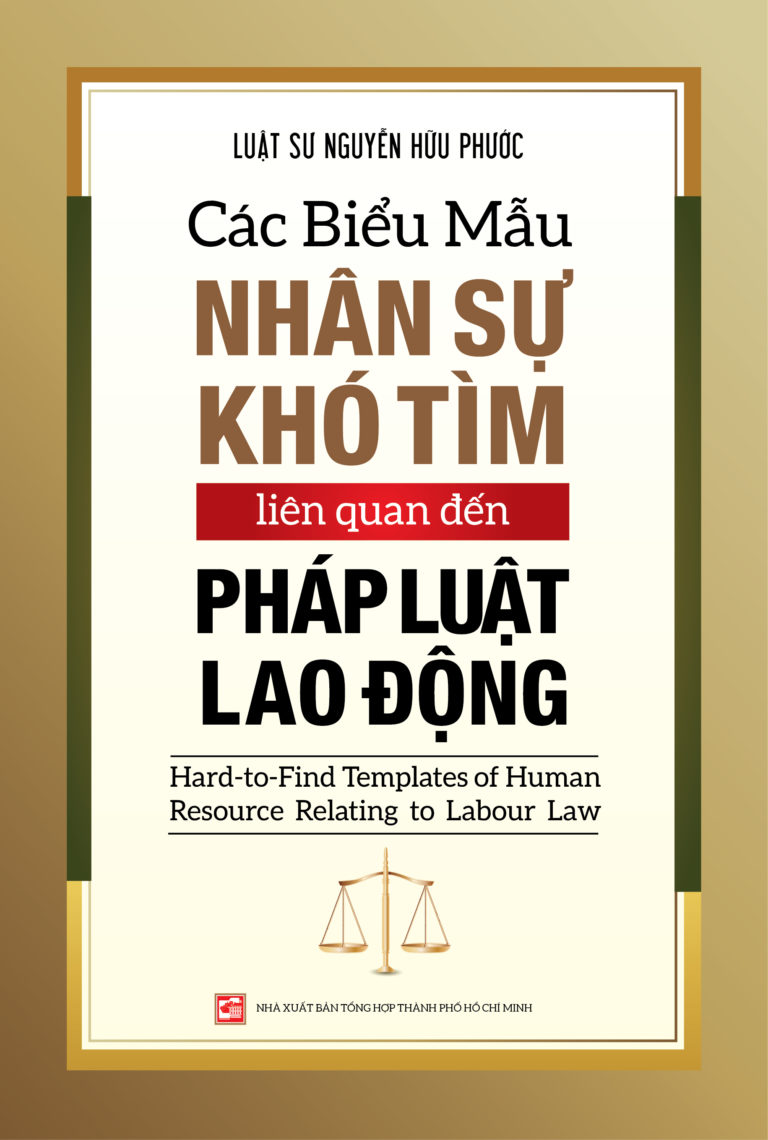4 Important things to know about commercial lending in Vietnam
Maybe you’re interested in: What’s Commercial Lending in Vietnam?
1. Who can engage with commercial lending?
As indicated by its name, commercial lending concerns companies, traders, but not individuals.
2. Which cases would involve commercial lending?
Companies can engage with commercial lending for a wide variety of needs. For example, it can be used to finance equipment purchases, to buy or to build their offices, or to pay for a one-off cash need, in working capital or to consolidate its equity.[1]
3. What kind of loan is suitable for our needs?
In a business and financial context, lending includes many types of commercial loans such as bank financing for small business start-up and working capital, asset financing for equipment and machinery or business vehicles, mortgages credit card financing, vendor financing (through trade credit), and personal (unsecured) loans.[2]
The type of lender depends on several factors, for example:
- Amount of loan: for larger loans, it is often necessary to make a combination of types of commercial loan
- Assets pledged as follows: if the borrower has business assets he can pledge as collateral for the loan, receiving better terms than if his loan is unsecured.
- Type of assets: a mortgage is typically for land and building, while an equipment loan is for financing capital expenditures like equipment.
4. What are the criteria taken into account by the issuing banks?
Banks analyse a commercial loan application according to the 5 C criteria.[3]
- Characteristics.
Decisions are always carefully made. Many decisions are based on a level of trust between individuals. It is really important because honesty between two parties is often a great boost to a business partnership. Whereas a lack of trust makes business relations extremely difficult and unsuccessful.
Banks make a loan based on the same rule. The first important element which they evaluate a potential borrower is his/her character.
The quality of the management and their will to reimburse is another factor. A business that maintains good administration with a good reputation will have an easier time to exchange with banks and has access to credit. After all, on a medium and long term, a borrower that is passing through a rough time but is managed by competent administration has a better chance to succeed than a successful company to be managed by unqualified people.
The character of the borrower is also formed through years of experience, references of other business partners, advertising, employee turnover, history, and ethical code.
- Capacity.
The second important element is the capacity of repayment. This part is a necessary factor that will decide if a borrower can manage a loan. It is evaluated on the capacity of the company to increase revenues and make profits, which is measured by exploring the Income Statement and the Cash Flow.
- Capital.
The capital is the element where we analyse the financial structure of the company. This part often takes most of the credit analyst’s time, because he/she has to evaluate the long-term aspect of the borrower and solvency of the business.
- Conditions.
Conditions inform the potential lender about external elements that could influence the normal course of business and affect the performance of the borrower. They all can influence credit decisions that a borrower has no control over. This includes bad weather, natural catastrophes, political decisions, wars, terrorist acts, etc.
- Collateral.
A financial institution seeks to secure itself through the borrower’s assets such as the inventory, equipment, furniture, real estate, or vehicles to recuperate the amount of money corresponding to the unpaid balance. The collateral is considered mainly to minimise losses in case of default, but not as acceptance criteria in the credit decision.
Maybe you’re interested in: Documents required to request a commercial lending in Vietnam
Documents required to request a commercial lending in Vietnam
[1] « Tout savoir sur le crédit professionnel », Docteurcredit.org.
[2] « What is lending and types of lenders », Thebalancesmb.com.
[3] « Demande de prêt commercial : 5 critères importants pour les banques », Creditfinanceplus.com.












